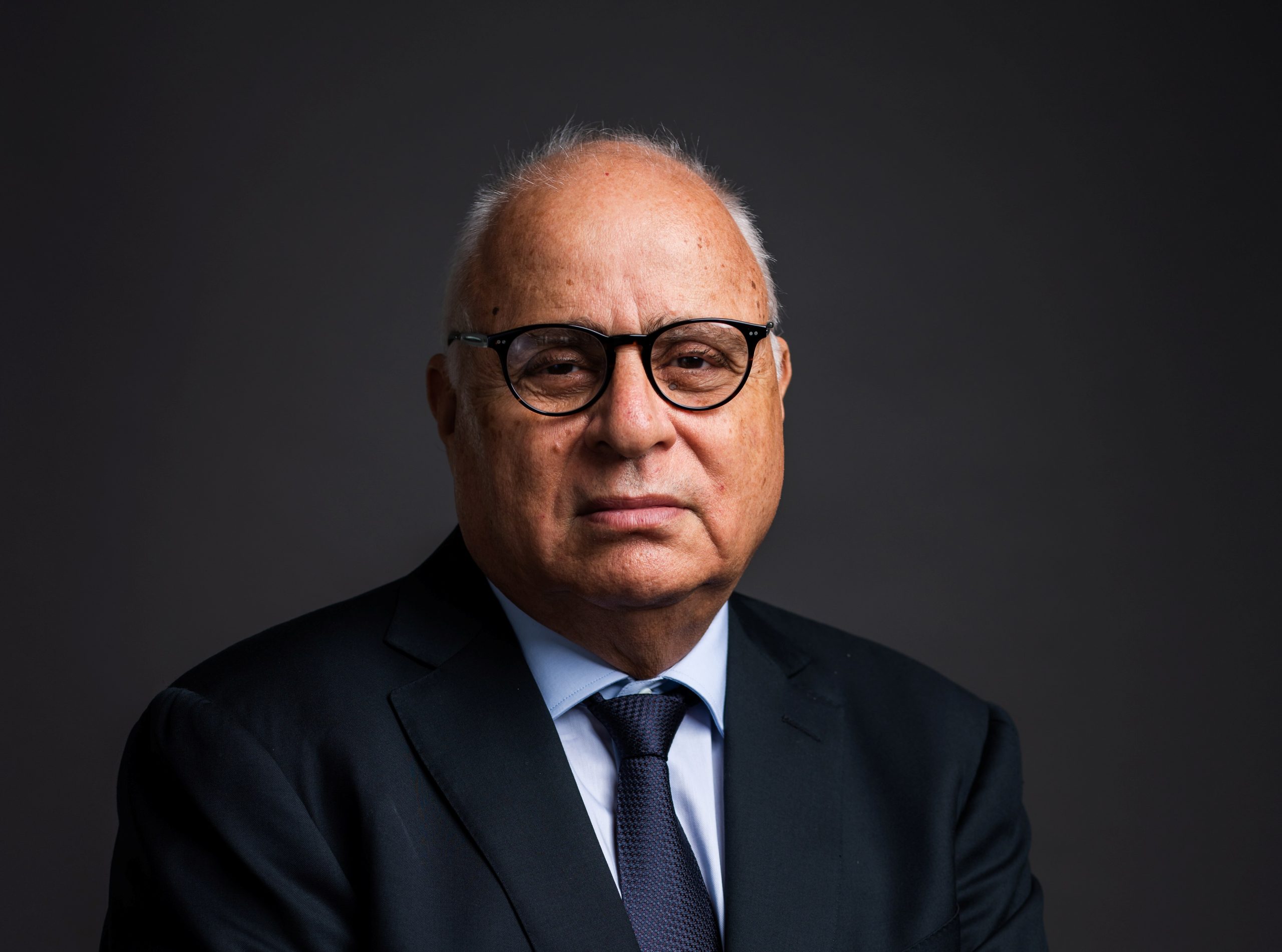When international betting operator 1win secured its Nigerian license in June 2024, it entered a market that defies easy categorisation. With over 60 million active bettors spending an estimated $5 billion annually, Nigeria represents Africa’s largest gambling market, yet it remains fragmented, underregulated, and ripe for disruption.
The company’s timing proved fortuitous. Just months after launch, Nigeria’s Supreme Court nullified the federal gambling framework, creating regulatory chaos that might have deterred less determined entrants. Instead, 1win doubled down, deploying a strategy that blends rapid customer acquisition with community engagement — a playbook that could reshape how international operators approach emerging markets.
The Numbers Game
1win’s market entry began with a calculated bet on bonuses. The company offers new Nigerian customers a 500% deposit match spread across four deposits, totalling up to ₦784,000 ($523 at current exchange rates) — roughly five times the industry standard. This isn’t charity; it’s customer acquisition economics at work.
“The Nigerian betting market is experiencing what we saw in Eastern Europe a decade ago,” says Samuel Akindele, a Lagos-based gaming industry analyst. “High smartphone penetration, a young demographic, and limited entertainment options create perfect conditions for rapid growth.”
The statistics support this assessment. Nigeria’s median age sits at 18.1 years, with 55% of the population under 20. Mobile phone penetration exceeds 90%, while traditional banking reaches just 45% of adults. This gap has created an opening for betting companies to become quasi-financial services providers, processing more transactions daily than many regional banks.
1win’s platform processes bets starting from ₦100 ($0.07), making it accessible to Nigeria’s vast informal economy. The company won’t disclose user numbers, but third-party app analytics suggest downloads in the low six figures within six months of launch — impressive for a new entrant competing against established players like Bet9ja, which commands an estimated 40% market share.
Regulatory Roulette
The timing of 1win’s entry coincided with Nigeria’s most significant gambling regulatory upheaval in two decades. In November 2024, the Supreme Court declared the National Lottery Act unconstitutional, effectively dismantling the National Lottery Regulatory Commission (NLRC) that had just issued 1win’s license.
This created an unprecedented situation: operators holding federal licenses suddenly found their legal status in limbo. The response from Nigeria’s 36 states was swift but chaotic. By May 2025, state regulators introduced the Universal Reciprocity Certificate (URC), a single-license framework designed to replace the previous federal-state dual system.
For 1win, this meant navigating a regulatory transition while scaling operations. The company had paid approximately $500,000 in licensing fees and guarantees under the old system: money that might have been lost had state regulators not grandfathered existing licenses into the new framework.
“We’ve operated in 15 countries across four continents,” a 1win executive told me, speaking on condition of anonymity due to company policy. “Nigeria’s regulatory complexity ranks among the highest, but so does its potential.”
The new tax regime presents additional challenges. Starting January 2025, Nigeria implemented a 5% withholding tax on residents’ winnings, alongside the existing 7.5% VAT on stakes. For a ₦1,000 winning bet, the government now takes ₦125 in various taxes, a level that industry observers worry could drive bettors to unlicensed offshore platforms.
The Differentiator Dilemma
In a market with over 40 licensed operators, differentiation becomes crucial. 1win’s approach diverges from the sports sponsorship model favored by competitors. While rivals like 1xBet secured partnerships with the Nigerian Football Federation, 1win invested in grassroots initiatives.
The company’s Plastic Waste Exchange program, launched in Ibadan in December 2024, offered residents cash and goods for recycling plastic bottles. The initiative collected 5,000 kilograms of waste while generating social media engagement that traditional advertising might have missed. Similarly, 1win funded diabetes and hypertension screenings for 10,000 residents in Enugu and Anambra states, areas where public healthcare infrastructure remains limited.
These programs serve dual purposes: building brand awareness while addressing regulatory pressure for “social responsibility.” The Lagos State Lotteries and Gaming Authority has increasingly emphasised operators’ obligations to communities, with CEO Bashir Are stating that “companies must demonstrate value beyond profit extraction.”
Yet cynics might question whether environmental cleanup and health screenings represent genuine corporate responsibility or sophisticated marketing. The ₦50 million ($33,000) spent on these initiatives represents less than 0.1% of 1win’s estimated global revenue. Though for recipients of free health screenings, the source of funding matters less than the service itself.
Digital-First Economics
1win’s operating model reflects broader shifts in emerging market consumer behaviour. The platform runs entirely online, avoiding the costly retail networks that older Nigerian operators maintain. Bet9ja, for instance, operates over 5,000 agent shops nationwide: infrastructure that provides local presence but requires significant capital and generates lower margins than digital-only operations.
This asset-light approach allows 1win to offer better odds and larger bonuses while maintaining profitability. Industry sources suggest digital-only operators achieve EBITDA margins of 25-30%, compared to 15-20% for hybrid retail-digital operators.
The company’s “1win Coins” loyalty program exemplifies this digital-first strategy. Users earn virtual currency through betting activity, redeemable for bonuses or merchandise — a gamification technique borrowed from mobile gaming that increases user engagement and lifetime value. Internal industry metrics suggest gamified platforms see 40% higher user retention rates than traditional betting sites.
Market Dynamics and Competition
1win enters the Nigerian market experiencing consolidation pressure. Despite new entrants, the total number of active operators has actually declined from a peak of 58 in 2019 to approximately 41 in 2024, as undercapitalised companies exit or merge.
The competitive industry splits roughly into three tiers: established local players (Bet9ja, NairaBet, BetKing) commanding 60% market share; international operators (Betway, 1xBet, now 1win) holding 30%; and smaller regional players splitting the remainder.
“We’re seeing a flight to quality,” notes Kelechi Ogunleye, a fintech consultant who advises betting companies. “Users are consolidating around platforms with better technology, reliable payouts, and attractive promotions. The next 18 months will determine which of the new entrants survive.”
1win’s 500% welcome bonus has already triggered competitive responses. BetKing increased its welcome offer to 300%, while Bet9ja introduced new loyalty rewards. This “bonus war” benefits consumers short-term but raises questions about sustainable pricing, especially with new tax regimes squeezing margins.
The Outlook
For 1win, success in Nigeria will require balancing growth with regulatory compliance and social responsibility. The company must navigate the new URC licensing system while building trust in a market where several international operators have previously failed or withdrawn.
Early indicators suggest measured optimism. The platform’s uptime has exceeded 99.5%, avoiding the technical issues that plagued some competitors’ Nigerian launches. Payment processing—often a pain point—appears smooth, with withdrawals processed within 24 hours according to user forums.
Yet challenges loom. The January 2025 tax changes risk pushing price-sensitive bettors to unlicensed platforms. Regulatory enforcement remains inconsistent across states. And public concern about youth gambling addiction continues to mount, with advocacy groups calling for tighter advertising restrictions.
1win’s Nigerian experiment represents a test case for international operators eyeing Africa’s rapidly digitising economies. Success would validate a model of aggressive customer acquisition balanced with community engagement. Failure would reinforce the challenges of operating in markets where regulatory frameworks remain in flux and public sentiment toward gambling stays divided.
As one Lagos bettor told me while checking odds on his phone: “I don’t care where the company comes from. I care about good odds, fast payouts, and maybe some benefit to my community. If 1win delivers that, they’ll do well here.”
In Nigeria’s dynamic betting market, that pragmatic attitude may ultimately determine winners and losers more than any regulatory framework or marketing strategy.






